300 Years of J. S. Bach in Leipzig
Concert recommendations for the anniversary of Bach’s arrival in Leipzig in 1723
Where did Johann Sebastian Bach get his astounding powers of invention? After taking the reins in Leipzig at the end of May 1723, he wrote a cantata every week, entailing about 20 to 30 minutes of music performed by diverse, often large ensembles. It’s an achievement that can scarcely be imagined , both in terms of its creativity and craftsmanship.
In our cycle Bach:vokal 2011-2021 in Stuttgart’s Stiftskirche, I conducted three or four cantatas at each concert. All of these works are linked to a particular Sunday or a specific period in the church year. In the case of several cantatas dedicated to the same Sunday, the libretto was – unlike today – based on an identical sermon text. This allows for interesting comparisons both in terms of the cantata texts and Bach’s setting. For example, how about a program to celebrate Bach’s inaugural service as cantor with three cantatas for the 1st Sunday after Trinity, namely BWV 75 “Die Elenden sollen essen” (All the starving shall be nourished, 1723), BWV 20 “O Ewigkeit, du Donnerwort” (Eternity, O awesome word) (1724), and BWV 39 “Brich dem Hungrigen dein Brot” (Give the hungry ones thy bread) (1726)? Or we could mark the 21st Sunday after Trinity with the cantatas BWV 109 “Ich glaube, lieber Herr, hilf deinem Unglauben” (I trust you, my dear Lord, help my lack of trusting) (1723), BWV 38 “Aus tiefer Not schrei ich zu dir” (In deepest need I cry to you) (1724) and BWV 98 “Was Gott tut, das ist wohlgetan” (What God does, that is done most well) (1726).
Practical considerations often determine how a program is put together. Perhaps the tenor aria is extremely high, the four oboes that Bach stipulated are difficult to scrape together, or the cellist does not own a violoncello piccolo. From my experience in performing all of Bach’s cantatas, I can only report my feeling of having discovered in every single work at least one particularly compelling movement. After a while, the joy of such revelation banished any memory of the hard work involved in locating the right musicians and rehearsing the piece with the ensemble.

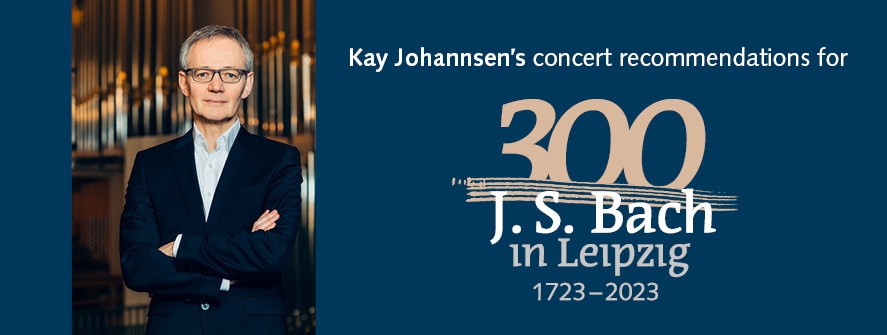
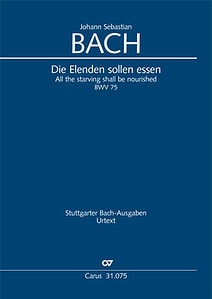
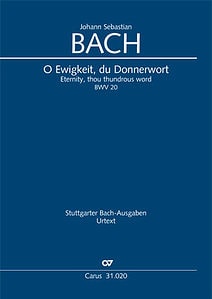
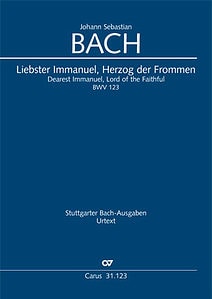
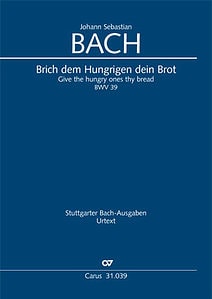
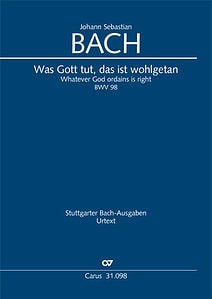
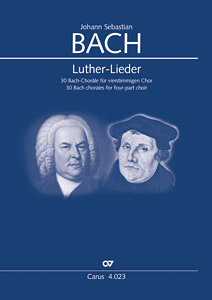
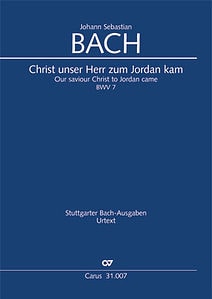


Leave a Reply
Want to join the discussion?Feel free to contribute!